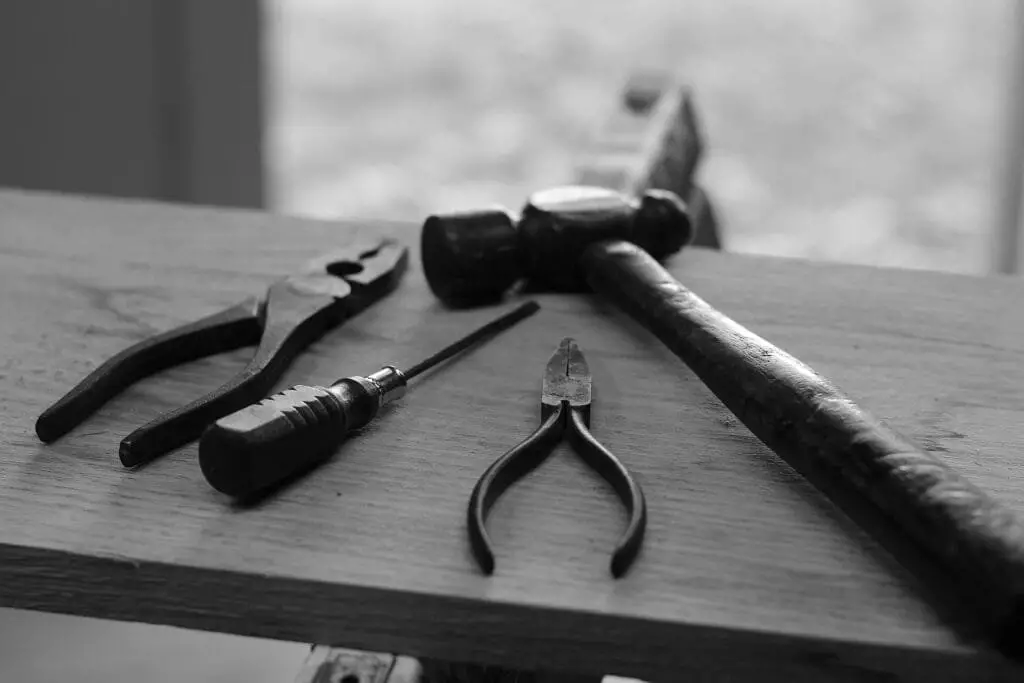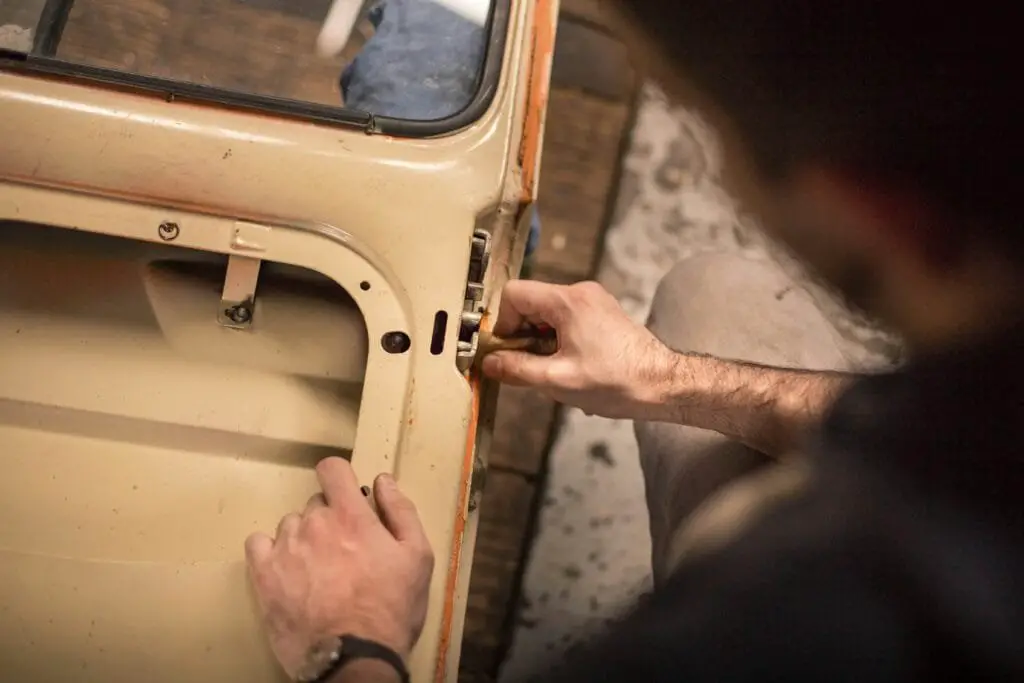It might surprise you, but past generations had a secret weapon when it came to saving money. It wasn’t about investments, side hustles, or budgeting apps—though those help, too. The real key? They mastered the art of delayed gratification. It’s the one thing that could save you thousands today, just like it did for them. Let’s break down why this simple habit worked and how you can apply it to your life.
1. They Saved Before They Spent

Unlike today, where credit cards and instant purchases make it easy to buy now and pay later, past generations had no choice but to save up before making big purchases. Whether it was for a car, a home, or even a new appliance, they patiently set aside money until they could afford it. This habit meant they weren’t paying interest or falling into debt. Adopting a “save first, spend later” mindset could save you thousands by keeping you out of the debt cycle.
2. They Took Time to Make Big Decisions

Impulse buying wasn’t a thing back then. People didn’t feel pressured to grab the latest gadget or upgrade their lifestyle just because it was trendy. Instead, they carefully considered whether a purchase was worth it. By giving yourself time to think things through, you avoid buyer’s remorse and unnecessary expenses. Next time you’re tempted by a big-ticket item, hit pause and give it a week—you’ll often realize you didn’t need it in the first place.
3. They Planned for Emergencies

One of the reasons past generations didn’t spiral into debt was their habit of saving for emergencies. They understood that life could throw curveballs, and they were financially prepared for it. Building up an emergency fund might not seem exciting, but it’s one of the smartest things you can do to avoid expensive loans or credit card debt when something unexpected happens.
4. They Bought Only What They Could Afford

It sounds simple, but past generations lived by a golden rule: don’t buy what you can’t afford. There was no “buy now, pay later” culture or living beyond their means. They waited until they had the cash in hand to make purchases, which helped them avoid debt and stay financially secure. If you adopt this same approach, you’ll steer clear of high-interest loans and credit card payments that can cost you thousands over time.
5. They Focused on Longevity

Instead of buying cheap, throwaway items, they invested in quality things that would last. Whether it was furniture, clothing, or home appliances, they were willing to spend a bit more upfront for something durable. While it can be tempting to go for the cheapest option, investing in high-quality items can save you thousands in the long run by avoiding constant replacements.
6. They Knew the Value of Patience

Ultimately, delayed gratification is all about patience. Past generations didn’t chase instant rewards—they knew that waiting for the right time, saving up, and making thoughtful decisions would benefit them in the long term. In a world full of instant options, practicing patience could be the difference between financial freedom and being weighed down by debt.
7. They Shared and Borrowed Instead of Buying

Need a tool for a home project or a dress for a special event? Back in the day, people didn’t rush out to buy something they’d only use once. They borrowed from neighbors or family members, fostering a sense of community and saving a ton of money. Today, we can still apply this practice. Instead of buying new for every little need, try borrowing, renting, or sharing with friends and family. This mindset could save you hundreds, if not thousands, each year.
8. They Practiced “Use It Up, Wear It Out”

Our grandparents had a saying: “Use it up, wear it out, make it do, or do without.” If something was still functional, it didn’t get replaced. They squeezed every last bit of use out of their belongings, whether it was a piece of clothing, an appliance, or even a car. You can apply this philosophy by resisting the urge to upgrade or replace items that still serve their purpose. It’s a simple way to curb unnecessary spending and keep more money in your pocket.
9. They Did Regular Maintenance to Avoid Costly Repairs

Past generations understood that maintaining what you have is far cheaper than paying for major repairs or replacements. Whether it was changing the oil in the car, sealing windows and doors to keep out drafts, or simply polishing shoes, these small acts of maintenance saved them big bucks in the long run. Setting aside a little time for upkeep—both for your belongings and your home—can prevent costly surprises and extend the life of your investments.
10. They Cooked in Batches and Stored for Later

Cooking in large batches and storing food for later was a smart strategy for past generations to save both time and money. Leftovers weren’t just thrown out—they were reinvented into new meals or frozen for future use. This not only minimized food waste but also meant they spent less on takeout and spontaneous grocery trips. Embrace this tactic by meal prepping or freezing extra servings, and watch your grocery bill shrink.
11. They Chose Quality Over Quantity

Rather than filling their homes with cheap, trendy items, past generations invested in a few well-made things that could be used for decades. This applies to everything from furniture to clothing. Investing in quality over quantity means you’ll be buying less over time and avoiding the constant cycle of replacements. It’s a principle that can save you thousands on everything from wardrobes to home goods.
12. They Didn’t Outsource What They Could Do Themselves

Hiring help was a rarity, and outsourcing everyday tasks was practically unheard of. They cut their own grass, did their own home repairs, and even made gifts and decorations by hand. This DIY mentality not only saved them money but also instilled a sense of pride and self-sufficiency. Today, before hiring out a service or buying something ready-made, consider tackling it yourself. The savings—and the sense of accomplishment—can be huge.
13. They Avoided “Keeping Up with the Joneses”

Past generations didn’t feel the pressure to keep up with their neighbors or showcase their lifestyle on social media. They focused on their own financial goals and lived within their means, without comparing themselves to others. Breaking free from the comparison trap is more relevant now than ever. If you can avoid spending money just to “keep up,” you’ll save not just thousands, but also gain peace of mind and contentment.
One of the many things past generations mastered—delayed gratification—can save you thousands, just like it saved them. By slowing down, making intentional decisions, and focusing on what truly matters, you’ll find yourself in a much better financial position. Sometimes, the best money-saving trick is simply waiting until the time is right.


